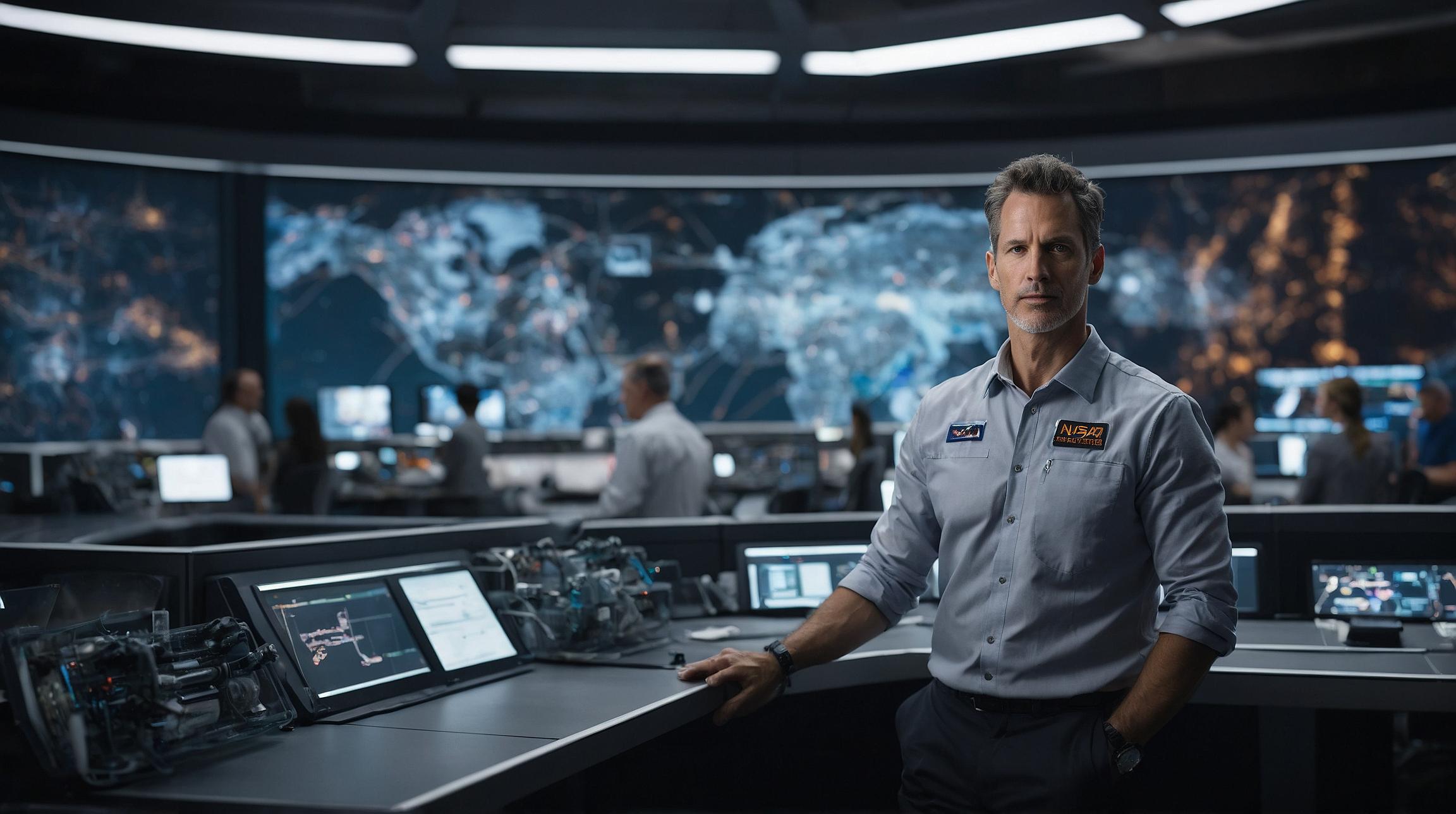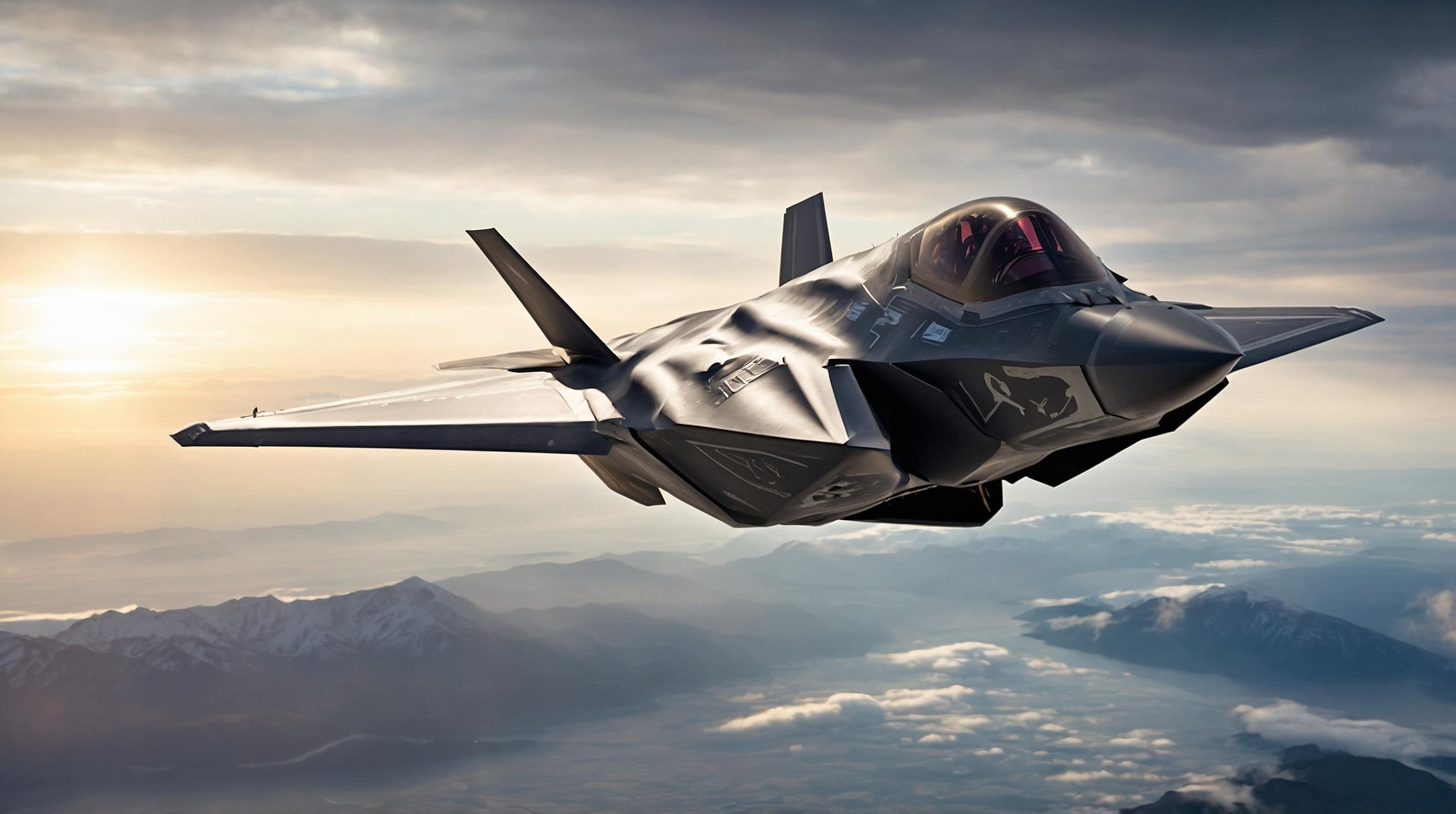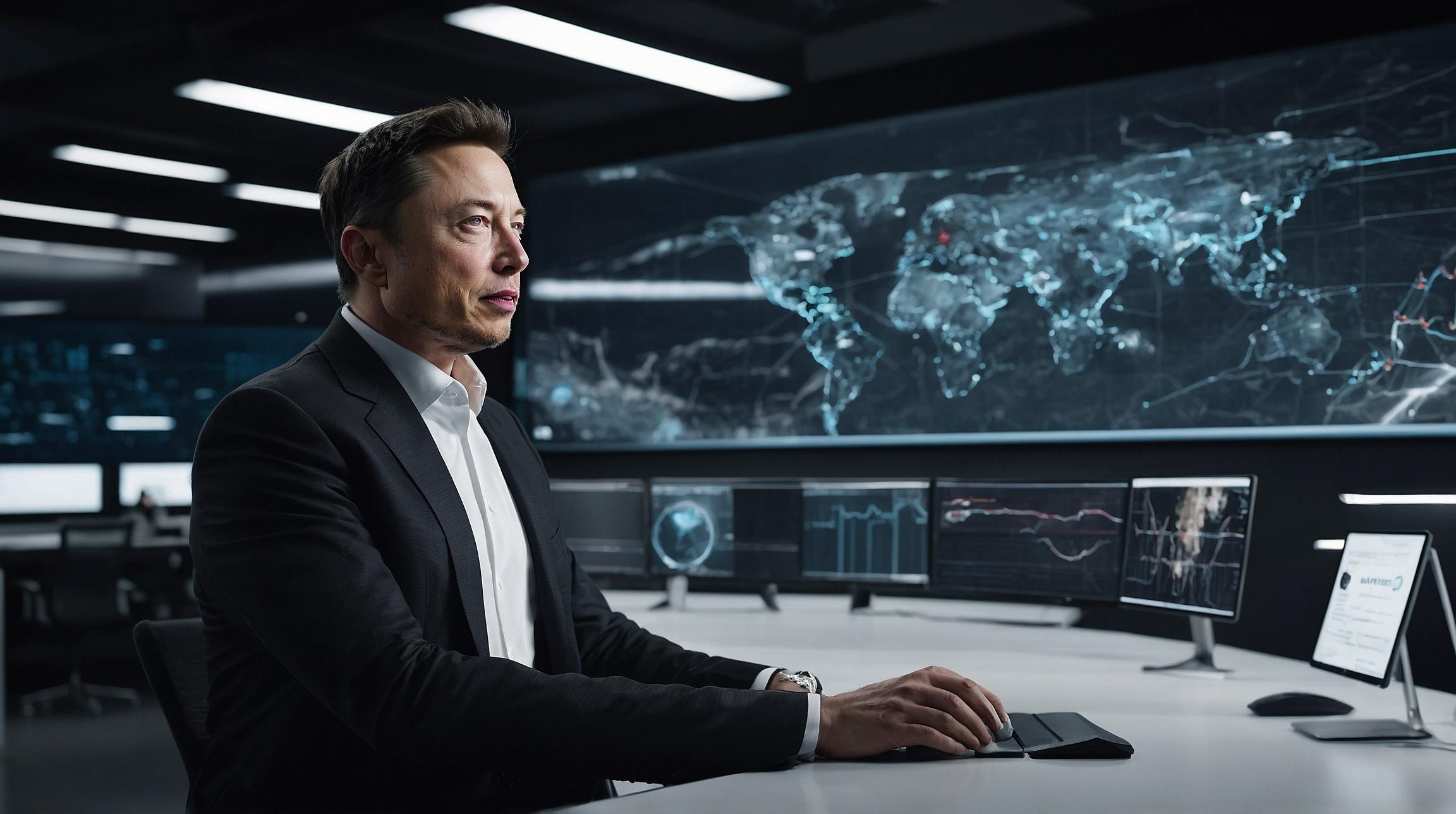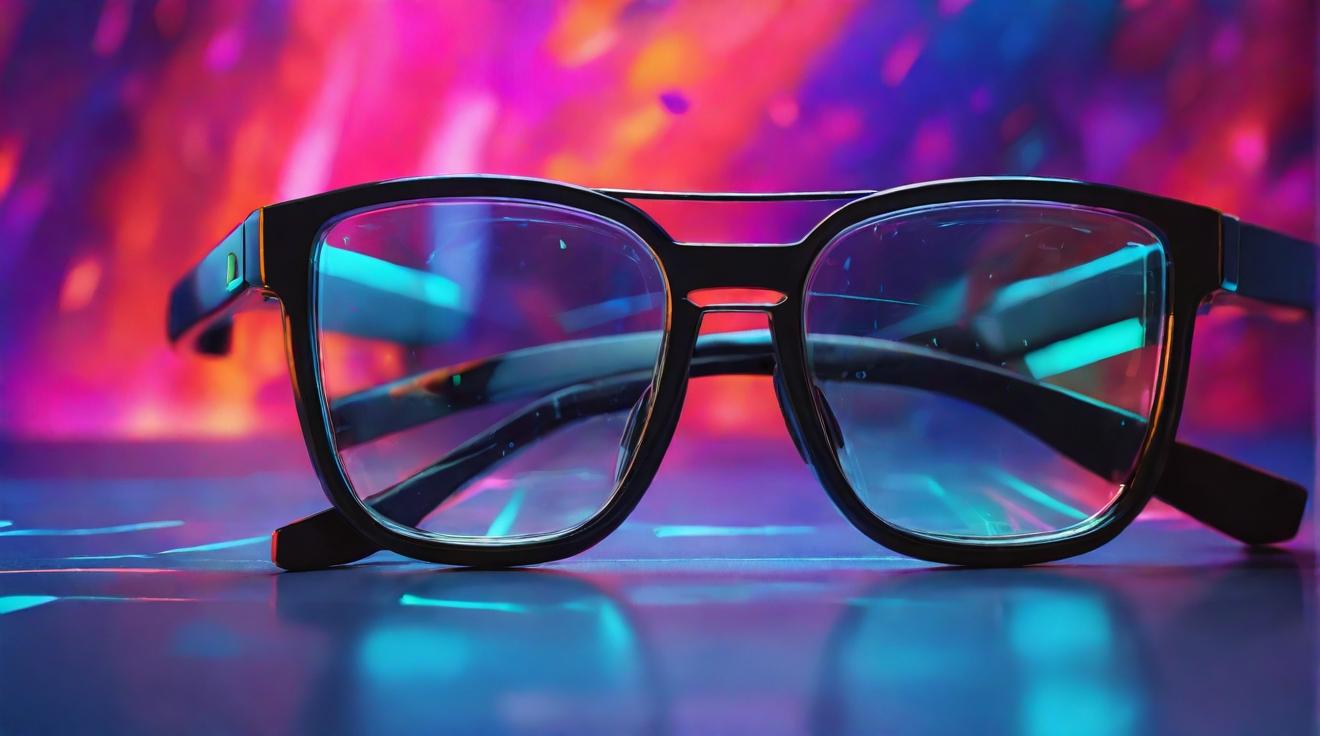NASA's Pioneering Role in AI
Artificial Intelligence (AI) in space exploration is not a new concept for NASA. Since 1997, when the Sojourner rover autonomously navigated Mars, NASA has leveraged AI to tackle the challenges of space communication delays. AI enables decision-making in rovers and satellites, playing a crucial role in planning missions and analyzing data.
David Salvagnini: A New Leadership Role
In response to the Biden administration's Executive Order on ethical AI usage, NASA appointed David Salvagnini as its first Chief Artificial Intelligence Officer. This move ensures NASA aligns with federal guidelines, emphasizing safe and transparent AI practices. Salvagnini's role includes fostering innovation and maintaining NASA's position at the AI technology forefront.
AI and Autonomous Systems
NASA utilizes AI in autonomous systems, such as space vehicles that operate independently after launch. These vehicles possess self-healing capabilities, detecting and responding to anomalies autonomously. The Perseverance rover, for instance, uses AI to analyze Martian rocks and assess their potential to support life.
AI in Climate Modeling
Beyond space, NASA uses AI to model climate change. Satellites gather data on various environmental factors, helping scientists predict sea level rise and forest fire risks. These AI-driven models are rigorously tested and peer-reviewed, ensuring reliability in climate research.
Ensuring Ethical AI Usage
NASA's commitment to ethical AI involves strict verification processes, ensuring AI systems undergo extensive testing and peer review. The focus is on enhancing safety and research capabilities without compromising data integrity.
Future of AI at NASA
Looking ahead, NASA explores using generative AI within secure environments to protect data integrity. The agency also considers AI’s potential for astronaut health management during long-term missions, such as a journey to Mars. Salvagnini envisions AI-enabled assistive technology aiding astronauts in deep space.
With decades of AI expertise, NASA remains at the forefront of technological innovation, setting standards for ethical and effective AI use.













